Insights on a Virus: State dashboards show COVID-19 cases and related deaths much lower in residential board & care than nursing homes in California
Published by the National Association of Social Workers - California E-Newsletter (July 2020)
By Jason Bloome
COVID-19 has had a devastating impact on residents and staff in long term care facilities in California. While no care setting is impervious to the virus, residential assisted living homes have much lower rates of COVID-19 cases and related-deaths than nursing homes.
In California, as of July 7, 2020, there have been a cumulative total of 24,287 COVID-19 positive cases of staff and residents in nursing homes and 2,715 related deaths.
In residential assisted living homes (also called residential facilities for the elderly -RCFEs), as of July 6, 2020, there have been 3,947 positive COVID-19 cases of residents and staff and 461 related deaths — approximately six times less cases and related deaths than in nursing homes.
As the number of COVID-19 cases increase in California, more hospital beds will be needed to accommodate patients who require care. Anticipating a shortage of available beds, California has ordered nursing homes to accept COVID-19 patients discharged from hospitals. For many nursing homes, accepting COVID-19 patients is good a business: the reimbursement rate for a COVID-19 patient can be up to $800/day—four times higher than the rate paid for a long-term patient on Medi-Cal.
Many California nursing homes have low star ratings from Medicare Compare for poor staffing. Insufficient staffing will continue to be a problem during the COVID-19 crisis with new state guidelines issued by California titled: “Suspension of Regulatory Enforcement of Specified Skilled Nursing Facility Requirements” that allow nursing homes that experience staff shortages due to COVID-19 and/or a surge of COVID-19 patients to apply for 90-day waivers that suspend federal and staff mandated minimum staffing requirements.
With fewer cases and related-deaths due to COVID-19, residential assisted living homes are safer than nursing homes for seniors who require 24-hour custodial care. Unlike nursing homes, they cannot apply for waivers to reduce staffing, realize no fiscal benefit by accepting patients who are COVID-19 positive and have stringent policies which require new residents be COVID-19 negative prior to admittance.
The risk of exposing current residents to the virus by outsiders is much less in small residential assisted living homes (aka board and care homes) where two staff care for 4-6 residents than in nursing homes where a large staff (e.g. nurses, administrators, cleaners, cooks, office staff, etc.) generate a large daily volume of incoming foot-traffic.
As COVID-19 continues to plague nursing homes, one population of seniors who would benefit from small residential assisted living homes are those who require long-term care who normally transfer from hospitals to nursing homes for rehabilitation services. Hospital social workers should consider informing families of a better option: bypass the nursing home with direct hospital discharge to a small residential assisted living home where rehabilitation and long-term custodial care can be provided in the same setting.
Sources:
COVID-19 in RCFEs: https://www.cdss.ca.gov/#covid19 and Search Under Covid-19 Positive Cases in Adult and Senior Care Facilities
COVID-19 in SNFs: https://www.cdph.ca.gov/Programs/CID/DCDC/Pages/COVID-19/SNFsCOVID_19.aspx
All Facilities Letter 20-32.1 SNF: https://www.cdph.ca.gov/Programs/CHCQ/LCP/Pages/AFL-20-32.aspx


